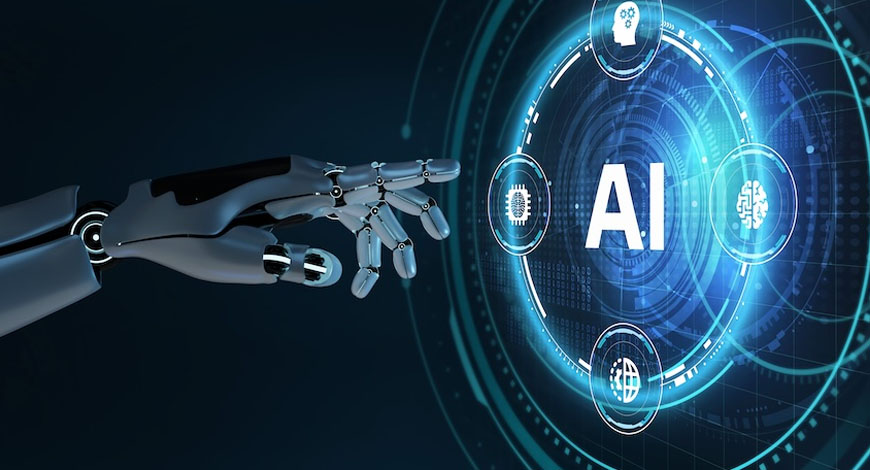Trends
Global smart machines market expected to surge to $872.9 b by 2032

The global smart machines market size reached US$ 222.9 billion in 2023. The market is projected to reach US$ 872.9 billion by 2032, exhibiting a growth rate (CAGR) of 16.38% during 2023-2032, according to Research and Markets.
The market is experiencing robust growth driven by the rising need for automation and efficiency in manufacturing and industrial processes, increasing awareness about the potential benefits of smart machines, and ongoing advancements in artificial intelligence (AI) and machine learning (ML) technologies.
Smart Machines Market Trends
Ongoing Advancements in artificial intelligence (AI)
The rapid progress in AI technologies, including machine learning, natural language processing, and computer vision, is a significant driver in various industries. Smart machines are leveraging these AI capabilities to analyze vast amounts of data, make autonomous decisions, and perform tasks with unparalleled efficiency and accuracy. In healthcare, AI assists in diagnosing diseases and optimizing treatment plans, improving patient outcomes. In finance, AI-driven algorithms enhance fraud detection and trading strategies.
Furthermore, AI-powered chatbots and virtual assistants enhance customer service and support in the service sector. The potential applications span across sectors such as manufacturing, retail, and logistics, streamlining operations and reducing costs. As AI continues to evolve and mature, its impact on productivity, innovation, and competitiveness is reshaping industries worldwide.
Additionally, AI-driven predictive analytics is transforming businesses by providing valuable insights for better decision-making, resource allocation, and risk management. Furthermore, as AI technologies become more accessible and affordable, their adoption is democratizing innovation, enabling even smaller enterprises to harness the benefits of intelligent automation and data-driven solutions.
Rising automation and efficiency demands
The rising need for automation and improved operational efficiency is another major driver in various industries such as manufacturing, logistics, and healthcare. Smart machines, enabled by advanced automation technologies, offer the capability to streamline complex processes, reduce human intervention, and enhance overall productivity. In manufacturing, automation systems optimize production lines, resulting in higher output, reduced errors, and lower labor costs.
In logistics and supply chain management, AI-powered solutions enhance route optimization, inventory management, and order fulfillment, leading to significant cost savings and improved delivery times. Additionally, the healthcare sector benefits from automation in patient data management, appointment scheduling, and robotic surgeries, enhancing patient care and resource utilization.
This growing demand for automation and efficiency is accelerating the adoption of smart machines, transforming industries and enabling them to stay competitive in an increasingly fast-paced and data-driven business environment. Furthermore, the continuous pursuit of cost-effectiveness and competitiveness in today’s global market landscape is encouraging organizations to embrace automation and efficiency-driven solutions, solidifying the role of smart machines as indispensable tools for modern business operations.
Enhanced customer experiences
The growing demand for personalized and intelligent customer experiences is a pivotal driver behind the adoption of smart machines across numerous sectors, including retail, hospitality, and customer service. Smart machines, empowered by AI and data analytics, can analyze vast amounts of customer data, enabling them to provide tailored product recommendations, personalized services, and responsive interactions. In the retail industry, AI-driven chatbots and recommendation engines enhance the shopping experience, leading to higher customer satisfaction and increased sales.
Similarly, in the hospitality sector, smart machines can optimize room bookings, offer personalized amenities, and improve guest interactions, fostering customer loyalty. This heightened focus on enhancing customer experiences solidifies brand reputation and drives business growth, as satisfied customers are more likely to return and recommend services to others in an increasingly competitive marketplace. Moreover, as consumers increasingly seek convenience and relevance in their interactions with businesses, the integration of smart machines in delivering personalized experiences has become a critical strategy for companies looking to thrive in the digital age. Research and Markets















You must be logged in to post a comment Login